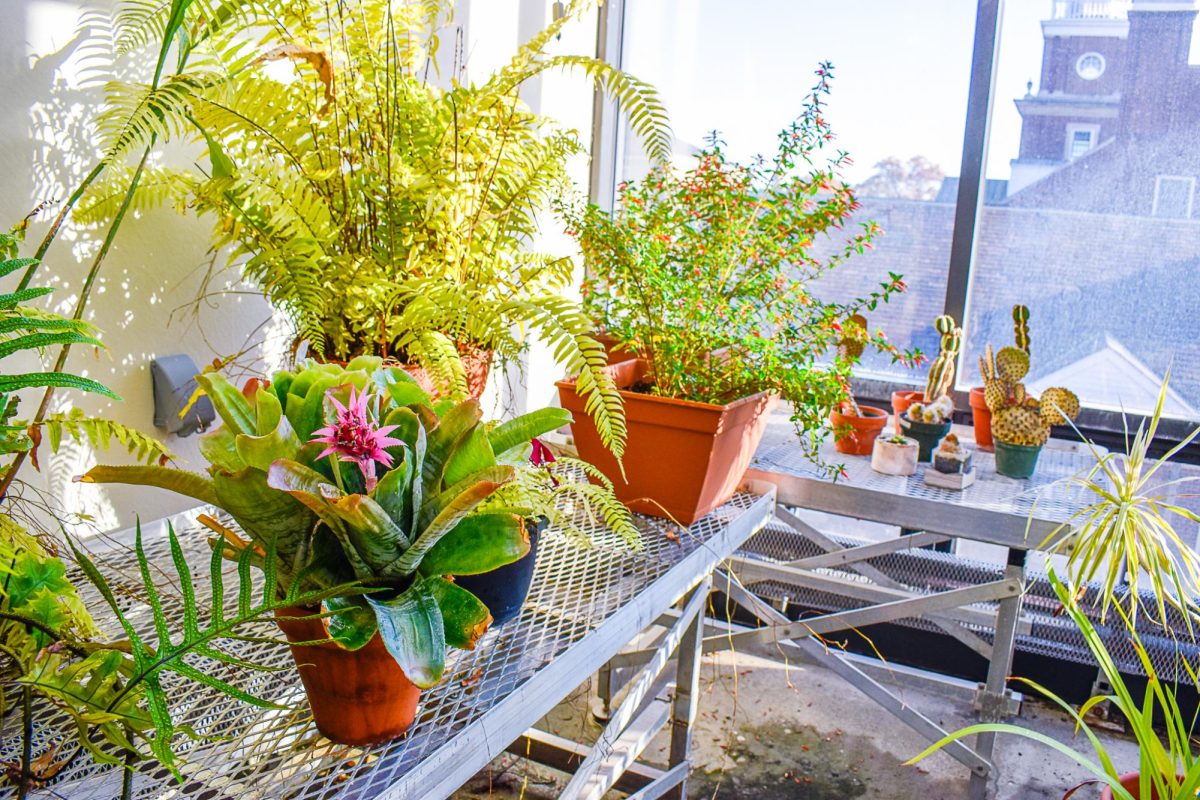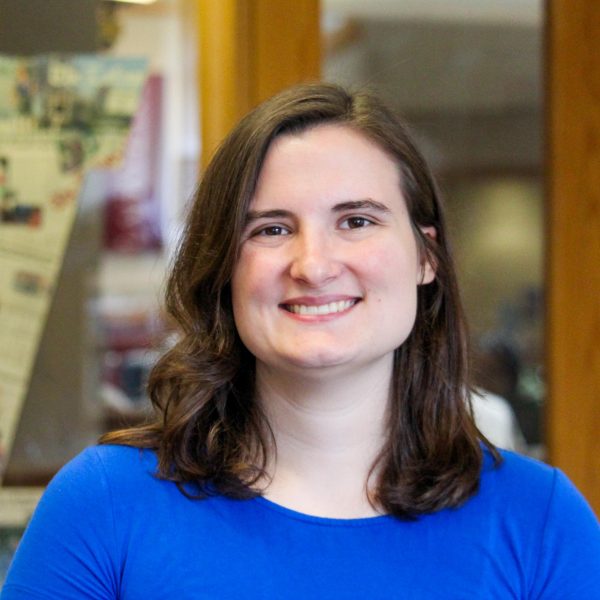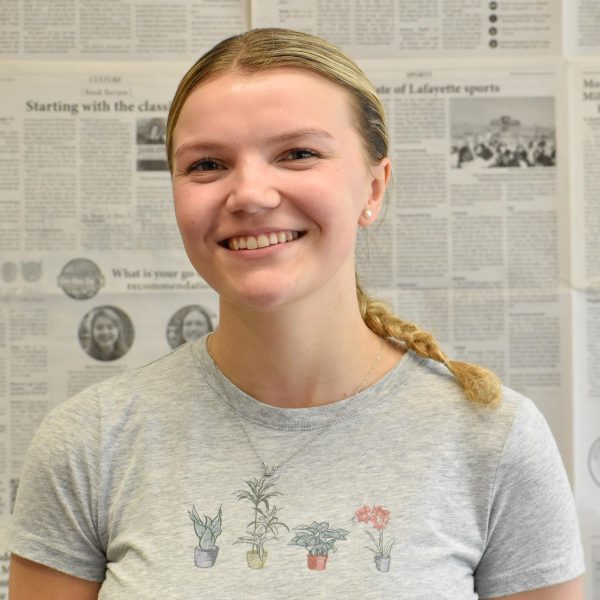The greenhouse on the fifth floor of Rockwell Integrated Sciences Center proves that plants are more human than one might consider. The space is home to a variety of plants that may all look like the same patch of green, but in reality have their own unique stories and habits.
“I think you can form relationships with your plants,” biology major Olivia Hoffman ’24 said.
John Drummond, professor of biology and the biology lab coordinator, said that he wanted a variety of plants from more primitive ferns to the more complex orchids, all with their own individual flair.
“What we have in here is a hodgepodge of things because we think about more primitive plants and more modern plants,” Drummond said. “I wanted to try to have some representatives along the way. There are a lot of ferns in here, so these are non-flowering vascular plants and we have some ferns that are earlier on than other ferns.”
It is the diversity of the plants that make them stand out to the students who visit them.
“I feel like especially caring for houseplants you kind of get to see that different plants, they have different needs,” Hoffman said. “They’re so much more human than you would really expect and you wouldn’t know that unless you work super closely with them, but to me, orchids are so sassy. They have an attitude.”
Drummond also attested to the uniqueness of the plants.
“Plants are individuals,” Drummond said. “Some of them like a little bit more light, some like a little bit more light, but less water, and then like a little bit more light, but more water, and so trying to come up with that balance in here is tricky.”
The plants in the greenhouse shine during classes. Not only are they educational, but they can act as stress relievers for students.
“In my biology class last semester … we had one of the big massive orchids come visit our class for a few weeks while we were learning about orchids, and it sat up on the front table,” Hoffman said. “We used it to help learn about [the] anatomy of plants, how to identify different classes of plants and it was just a really cool learning tool to have that physical reminder of what we’re studying, and it also just kind of brightened up the classroom.”
Drummond offered some advice for those struggling to grow their own plants: listen to them.
“It’s just doing research,” Drummond said. “I think it’s gonna be the most important part, and just like getting a dog, just like getting a pet, you want to make sure you’re going to get the one that’s going to be right for you.”





















































































































